Photo by Gordon Campbell | At Altitude Gallery
About Our Seaside
Our Seaside provides important ecological services and plays a vital role in supporting and shaping the daily lives of our Eastern Shore communities.

Building Resiliency
Restored marine habitats increase the resiliency of this vast coastal system in the face of a changing climate. For example, innovative methods for constructing oyster reefs are providing more nature-based solutions for protecting coastlines from erosion.
Photo © Bo Lusk (TNC)
Providing Habitat
The barrier islands, marshes, mudflats and coastal bays found along our Seaside support an incredible diversity of wildlife and plants. Our islands and marshes are recognized as one of the most important places for migratory birds within the Western Hemisphere and our coastal bays provide critical nursery habitats for fish and shellfish.
Photo © Jen Davis (TNC)


Protecting Our Mainland
Virginia’s Seaside is home to the longest expanse of undeveloped barrier islands along the eastern seaboard of the United States. This system of islands, salt marshes, tidal mudflats, and shallow bays provides a strong line of defense for Eastern Shore communities against storms, hurricanes, and flooding.
Photo © Gordon Campbell | At Altitude Gallery
Restoring Habitats
Our creeks and coastal bays feature an impressive number of marine habitat restoration projects including oyster reefs, the largest seagrass restoration project in the world and the re-introduction of the bay scallop. Restored habitats like seagrass meadows and oyster reefs provide important services for natural and human communities alike. In 2001 the Virginia Coastal Zone Management Program initiated the “Seaside Heritage Program” bringing many partners together and funding efforts to jump start restoration and promote ecotourism.


Offering Adventures
Virginia’s Seaside offers endless opportunities for coastal wilderness adventures. Visitors can paddle along the Seaside Water Trail, explore remote beaches, fish, hunt, or simply observe and enjoy the peaceful surroundings. Visitation policies are in place to protect sensitive natural resources – visit our island pages to learn more about specific policies.
Photo © Shannon Alexander
Supporting Coastal Economies
Working waterfronts along Virginia’s Seaside are the hubs for several water-based economies. For example, clam aquaculture is a nation-leading industry here that provides fresh shellfish across the country. Many watermen also still work the seaside for wild shellfish and can be seen dotted across the landscape at low tide. These local industries are thriving in this unique natural setting surrounded by protected lands and clean water.
Photo © Cherrystone Aqua-Farms

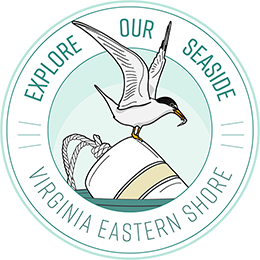
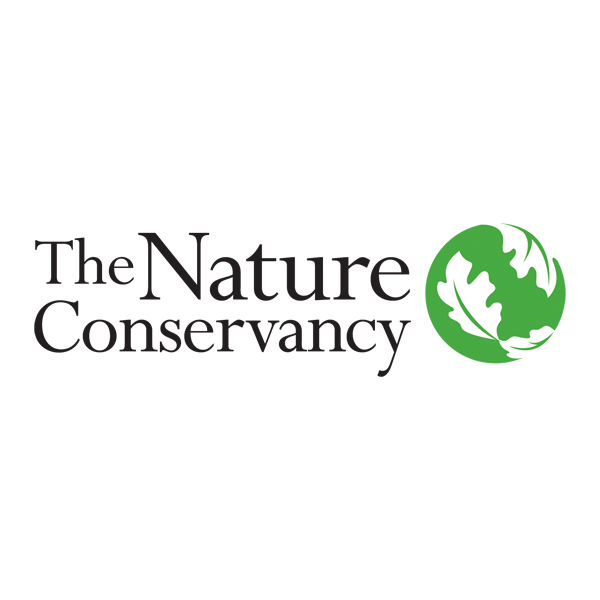
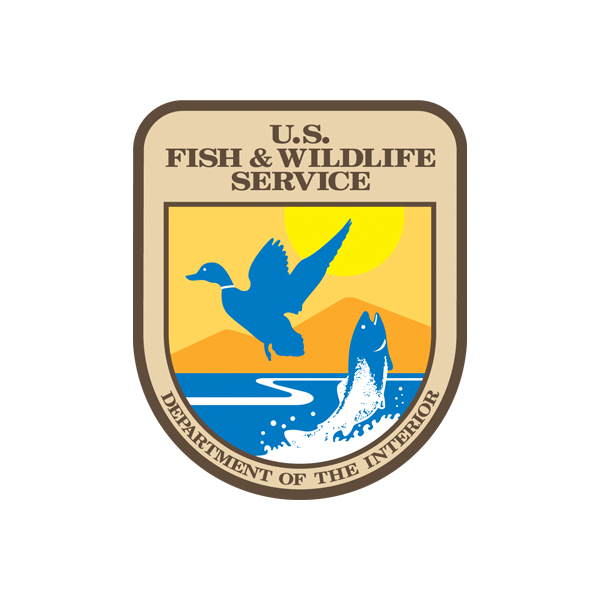
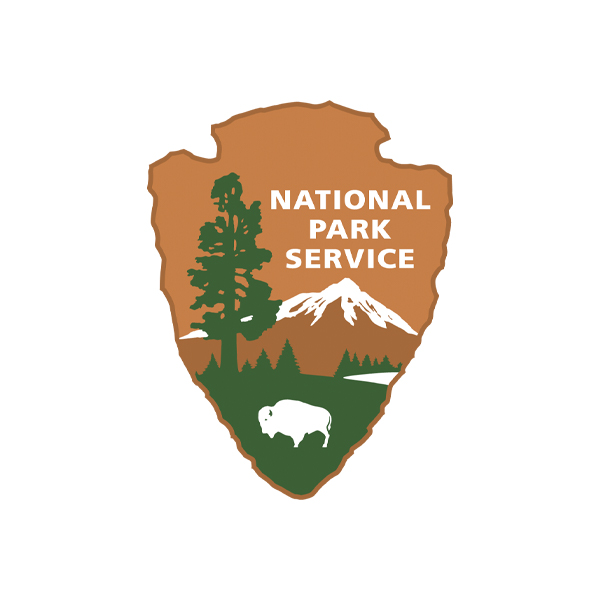
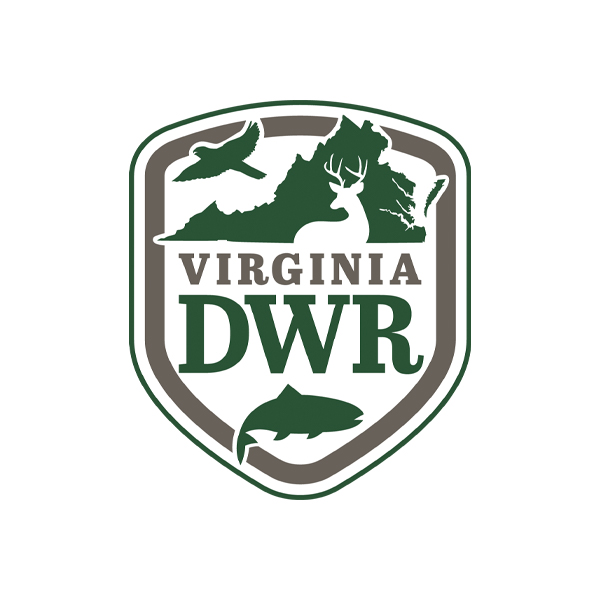
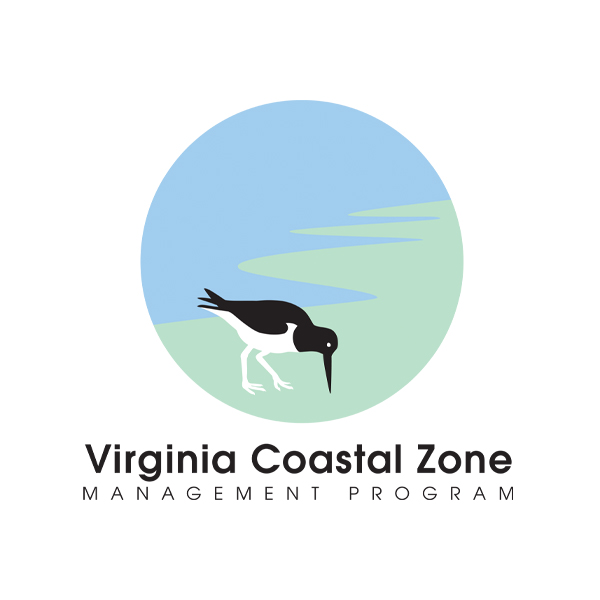
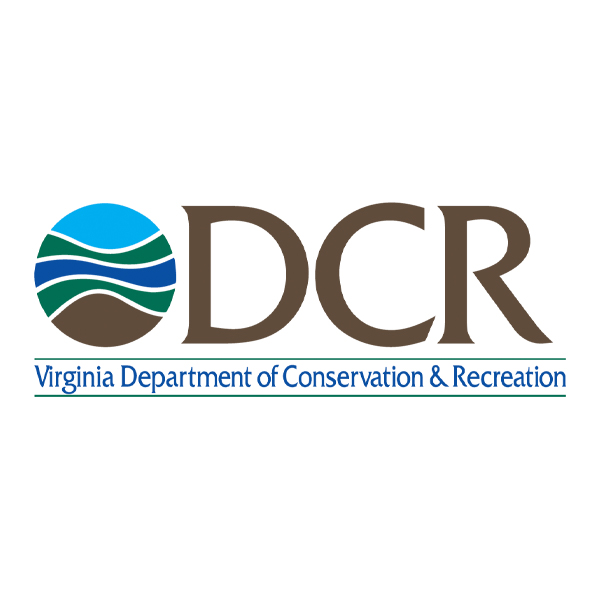
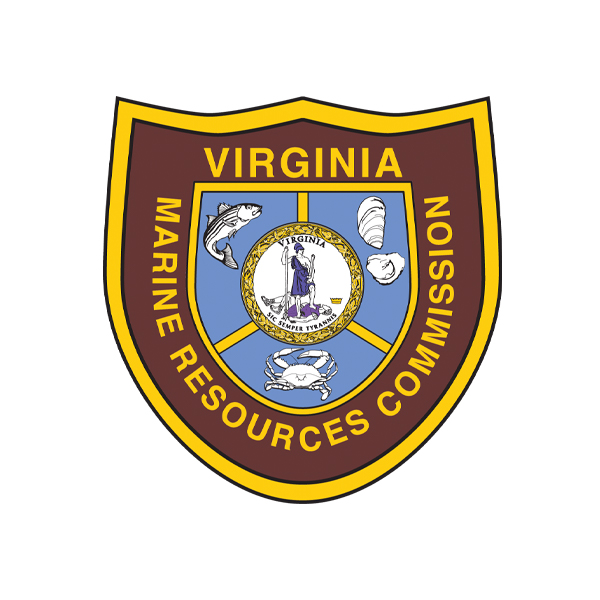
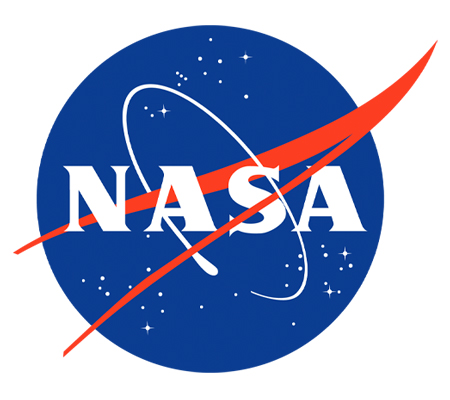
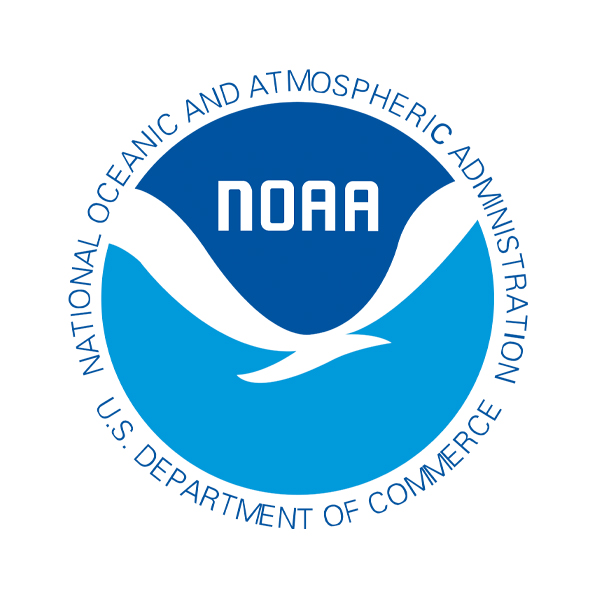
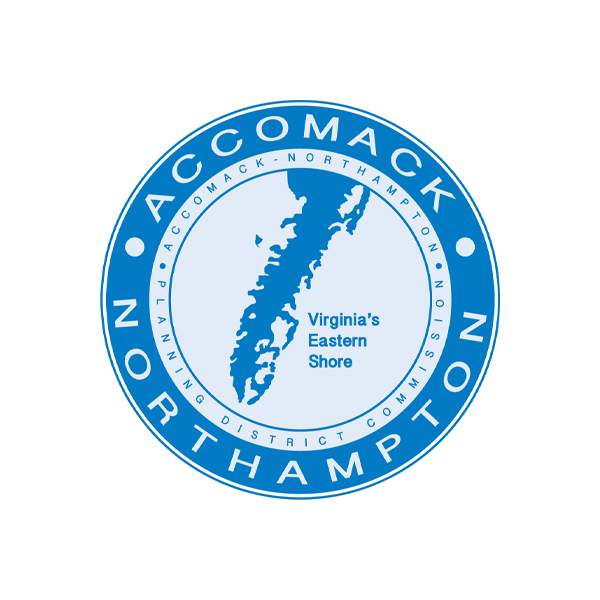
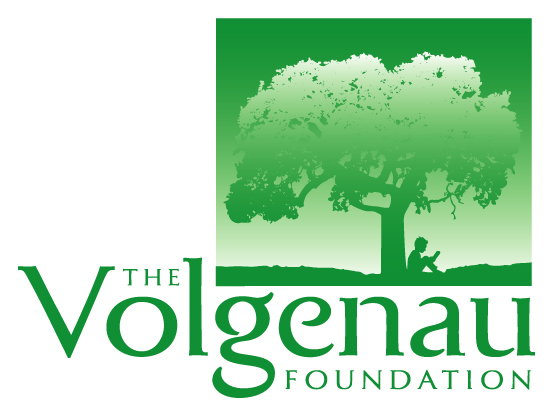 This project was funded by The Nature Conservancy with support from The Volgenau Foundation and by the Virginia Coastal Zone Management Program led by the Virginia Department of Environmental Quality through Grant #NA17NOS4190152 of the U.S. Department of Commerce, National Oceanic and Atmospheric Administration, under the Coastal Zone Management Act of 1972, as amended. All Explore Our Seaside partners also contributed significant time and effort to the project.
This project was funded by The Nature Conservancy with support from The Volgenau Foundation and by the Virginia Coastal Zone Management Program led by the Virginia Department of Environmental Quality through Grant #NA17NOS4190152 of the U.S. Department of Commerce, National Oceanic and Atmospheric Administration, under the Coastal Zone Management Act of 1972, as amended. All Explore Our Seaside partners also contributed significant time and effort to the project.